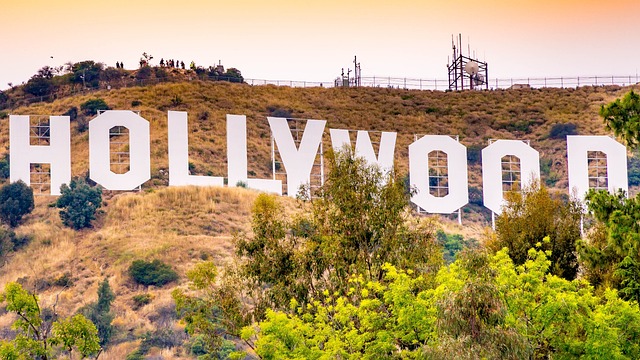The Writers Guild of America (WGA) is currently in negotiations with the Alliance of Motion Picture and Television Producers (AMPTP) over a new contract, and the possibility of a writers’ strike looms over the entertainment industry. A strike would halt production on many TV shows and films, as writers are integral to the creative process.
The WGA is seeking higher pay and better working conditions for its members, who are responsible for writing scripts for movies and television shows. The union is also calling for better job security and improved benefits.
The negotiations come at a time of uncertainty for the entertainment industry, as it continues to grapple with the ongoing effects of the COVID-19 pandemic. Many productions have already been delayed or canceled due to the pandemic, and a writers’ strike could have a significant impact on the industry’s recovery.
If the negotiations fail, the WGA could call for a strike, which would prevent writers from working on TV shows and films. This would lead to production delays and potentially significant financial losses for studios and networks.
The last time the WGA went on strike was in 2007-2008, which resulted in a significant impact on the industry. Many shows were canceled, and others were forced to reduce the number of episodes produced. The strike lasted for 100 days and resulted in an estimated loss of $2.5 billion for the industry.
While negotiations between the WGA and the AMPTP are ongoing, the possibility of a strike is a real concern for the industry. Both sides will need to work together to find a solution that benefits writers while also ensuring that productions can continue to move forward in a safe and sustainable manner.












